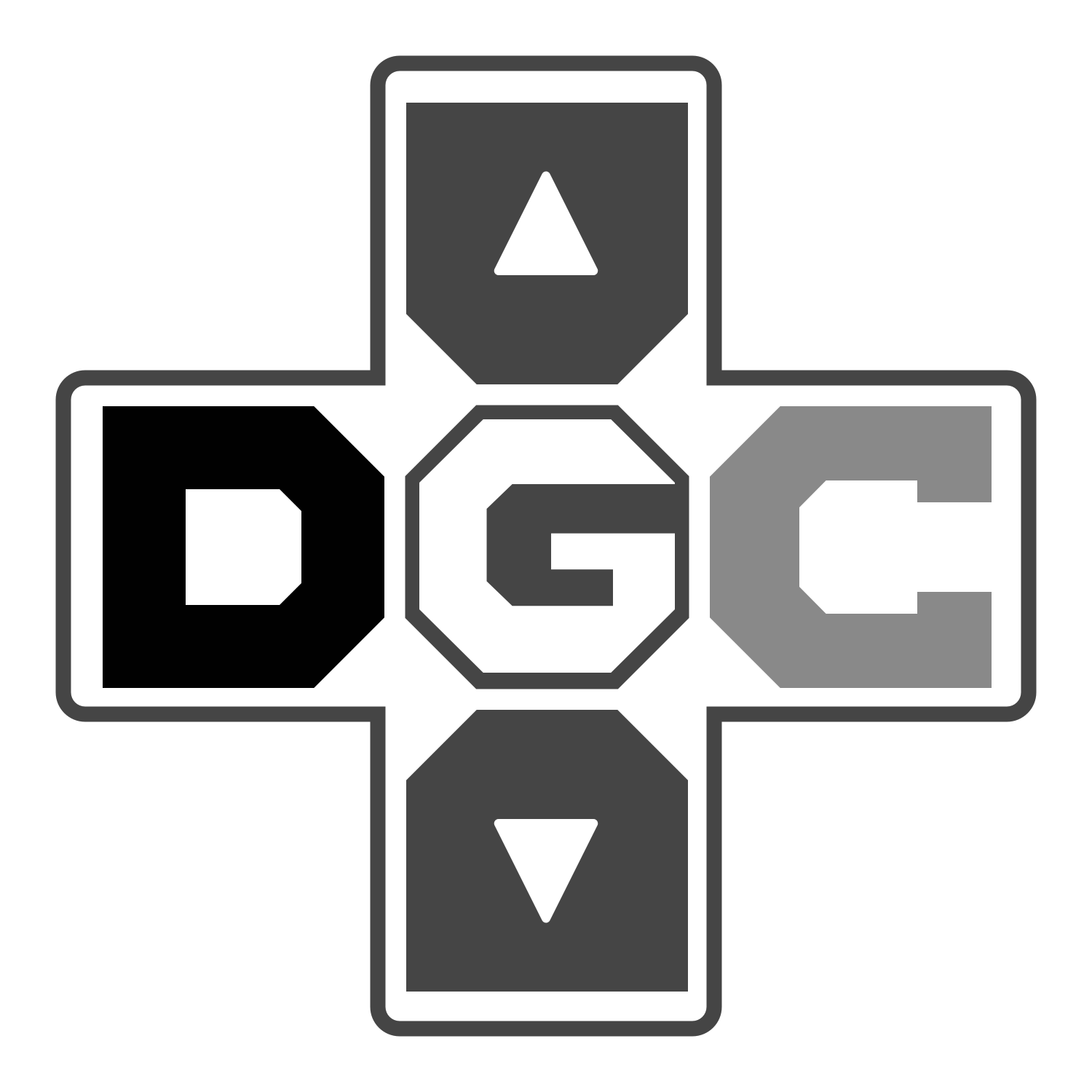DGC Ep 137: Interview with Lulu LaMer
Welcome to Dev Game Club, where we in this episode we are lucky enough to enjoy an interview with Lulu LaMer, who started out her career at Looking Glass as QA on Thief, and went on to be a producer, including on some of the Tomb Raider games at Crystal Dynamics. Dev Game Club looks at classic video games and plays through them over several episodes, providing commentary.
Podcast breakdown:
0:00:39 Interview
1:10:24 Break
1:10:48 Next time
Issues covered: a quick list of the uses of a degree in French, quitting your job and bleaching your hair and tossing your business casual, early introduction to games, getting away from games and coming back, QA as an engineering discipline and player advocacy, buying into the development philosophy, becoming QA, level designer differences and tester differences, pairing designers and testers, moving to full play-throughs with specific builds, being a sympathetic tester/regulatory capture, naming a play style for forum users, too much intimacy with forum users, influencing the game's economy, the benefits of Looking Glass on a résumé, the help of data-driven design, inheritance and object model, a lot of territory to cover, trying to get outside the level, Randy's voice acting, ignoring a player who's being a dick, transitioning to associate producer, lack of communication at LG, going on press tour, having unsympathetic press, going to the pub, having a company abruptly close, the role of a producer, having a core of people to work on Thief: Deadly Shadows, taking an engine and trying to make it work for their sort of game, using Unreal to make levels, lacking shared understandings, needing to create a culture, lacking direction and mentorship, the abstraction of being a producer, avoiding micromanagement, quitting to become a midwife, "you don't deliver the baby, the mom delivers the baby!", coming back into the fold better prepared for the job, feeling you had been terrible at the job, the last game she played as a Tomb Raider, the sense of being in a place, additive vs subtractive rendering and tools, moving from a story game to a more systemic game, having trouble communicating the ideas, Uncharted taking a big leap forward, distilling down Tomb Raider's essence, remaking vs remastering, preferring the updated levels, a schedule all of out of whack, playing through the levels and streamlining, distillation of memory and emotion, building to alpha and then moving to agile, triage, ranking what needs to be fixed, compromise and choices, ending pressure, guidance for players, Daydream the "product area," augmented reality project, Immersive Arts, augmented reality, spaces and games and reading and space.
Games, people, and influences mentioned or discussed: Looking Glass Studios, Thief (series), System Shock 2, Flight Unlimited, ION Storm, Crystal Dynamics, Tomb Raider: Legend, Tomb Raider: Anniversary, 2K Games, Spec Ops: The Line, Borderlands, Bioshock: Infinite, Borderlands 2, Funomena, Robin Hunicke, Daydream Studios, Google, Randy Smith, Pong, Vic 20, NES, Bethesda Studios, Dorian Hart, LucasArts, Greg LoPiccolo, Marc (Mahk) LeBlanc, Harmonix, PC Gamer, Kieron Gillen, Eidos, Telltale Games, Jon Chey, Irrational Australia, Warren Spector, Emil Pagliarulo, Terri Brosius, Doug Church, Freedom Force, Chris Carollo, Tom Leonard, Deus Ex, Unreal, Tim Sweeney, Epic, Game Developer's Conference, Tomb Raider, Soul Reaver, Uncharted, Richard LeMarchand, Naughty Dog, Jason Botta, Ratchet and Clank, Project Snowblind, Nate Wells, Nate Schaumberg, Kyle Mannerberg, Google Pixel, Playground, Iron Man, Kindle, GTA III, GTA Vice City, Resident Evil VII, Thief (2014).
Next time:
GTA III, the first several missions
@brett_douville, @timlongojr, and @devgameclub
DevGameClub@gmail.com
